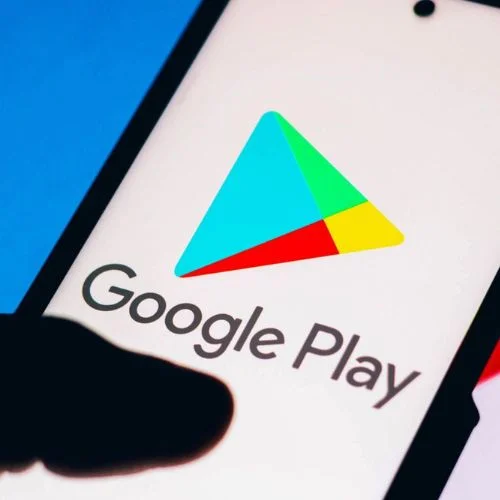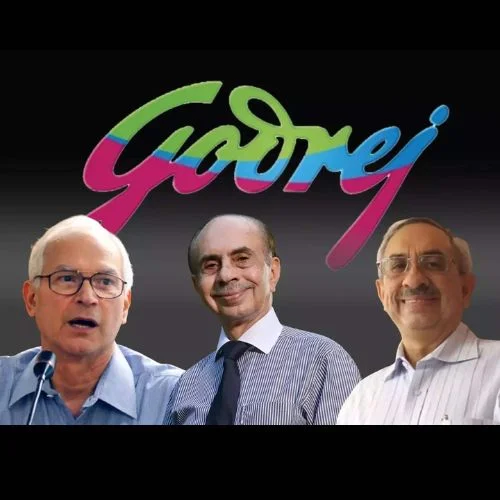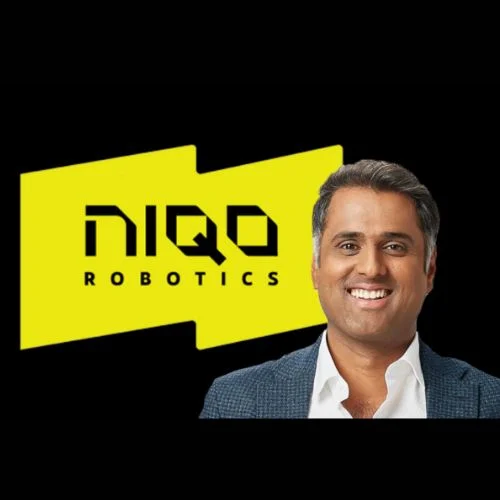Meta has begun rolling out Messenger’s default end-to-end encryption protection after years of promises and few testing. Mark Zuckerberg said that by default, personal calls and chats will use end-to-end encryption. Group chat encryption is still an optional feature, though.
Since end-to-end encryption prevents Meta or other outside parties from accessing conversation data, it is a crucial security measure.
“We took our time to get this right, therefore it has taken years to produce. In a blog post, Loredana Crisan, Head of Messenger at Meta, stated, “Our engineers, cryptographers, designers, policy experts, and product managers have worked tirelessly to rebuild Messenger features from the ground up.”
In a restricted test, Meta debuted Messenger’s end-to-end encryption capability in 2016 with the “secret conversations” feature. The encryption function for audio and video communications on the app was introduced by the firm in 2021. Starting in January 2022, the social media behemoth started offering group chats and phone calls with end-to-end encryption. Meta began testing end-to-end encryption for private conversations in August 2022. The business said in August 2023 that by year’s end, it would implement end-to-end encryption by default.
Meta explained on its engineering blog that the reason end-to-end encryption, which it employs the Signal protocol for, took so long to roll out was because the business had to completely rewrite some services, like the sticker library and conversation storage.
With this release, Messenger will get one step closer to attaining complete end-to-end security, much as WhatsApp, another messaging program owned by Meta. After the Messenger deployment, the firm revealed in August that Instagram direct messages would also be protected by end-to-end encryption.
In addition to this security update, Meta is releasing new features for Messenger, such as the option to edit a message up to 15 minutes after it was sent, new photo and video layouts, the ability to speed-play audio clips in voice messages at 1.5 or 2 times, and a new interface for messages that disappear. The business added that it is developing the capability for Messenger users to send high-definition images and videos.
Furthermore, at an AMD investor event on Wednesday, Meta, OpenAI, and Microsoft announced that they would be utilising AMD’s newest AI chip, the Instinct MI300X. It’s the clearest indication yet that tech firms are looking for less costly graphics processing units (GPUs) than Nvidia, which have been necessary for developing and implementing artificial intelligence applications like OpenAI’s ChatGPT.















